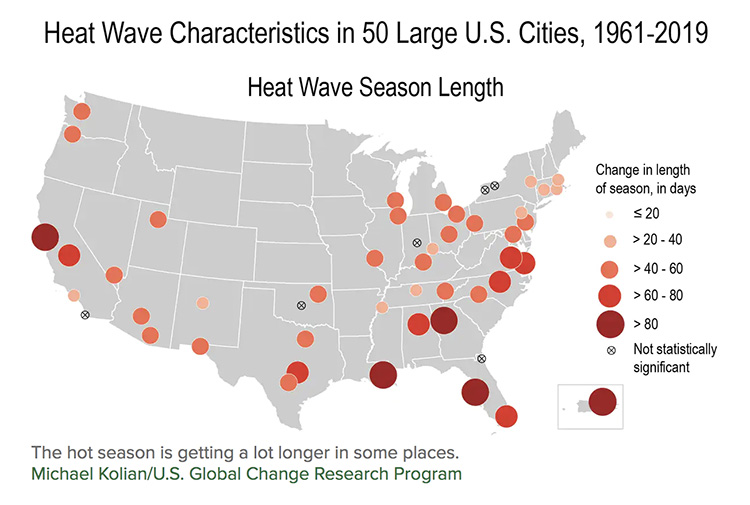Is climate change to blame for recent weather disasters? Professor Scott Denning explains
Professor Scott Denning wrote this piece for The Conversation. Colorado State University is a contributing institution to The Conversation, an independent collaboration between editors and academics that provides informed news analysis and commentary to the general public.
Summer isn’t even half over, and we’ve seen heat waves in the Pacific Northwest and Canada with temperatures that would make news in Death Valley, enormous fires that have sent smoke across North America, and lethal floods of biblical proportions in Germany and China. Scientists have warned for over 50 years about increases in extreme events arising from subtle changes in average climate, but many people have been shocked by the ferocity of recent weather disasters.
A couple of things are important to understand about climate change’s role in extreme weather like this.
First, humans have pumped so much carbon dioxide and other planet-warming greenhouse gases into the atmosphere that what’s “normal” has shifted. Extreme heat waves that were once ridiculously improbable are on their way to becoming more commonplace, and unimaginable events are becoming possible.
Second, not every extreme weather event is connected to global warming.
Read the full article, “Extreme heat waves in a warming world don’t just break records – they shatter them.”



